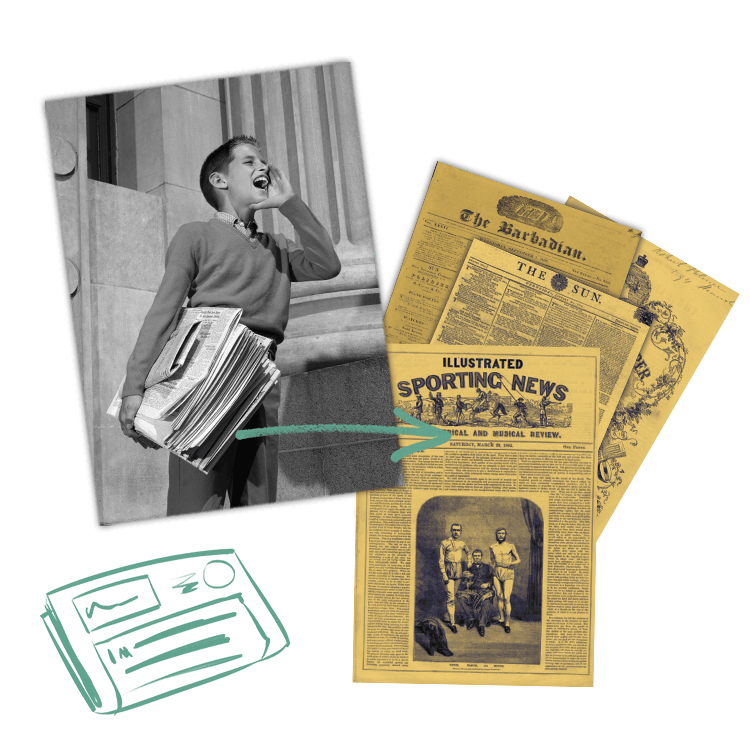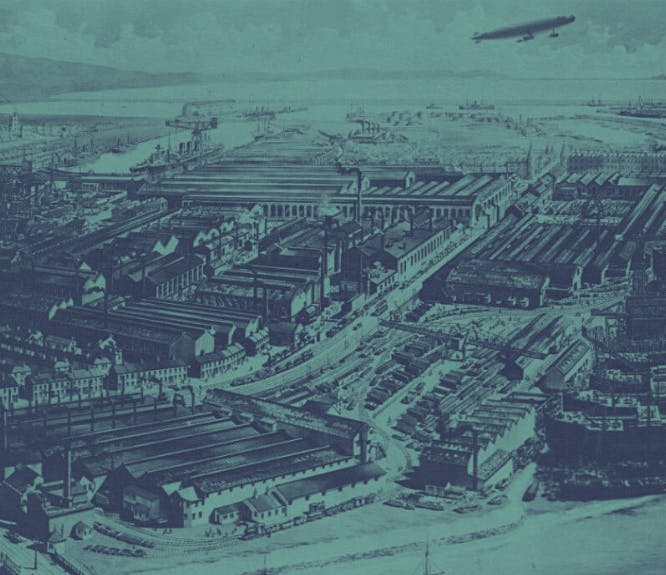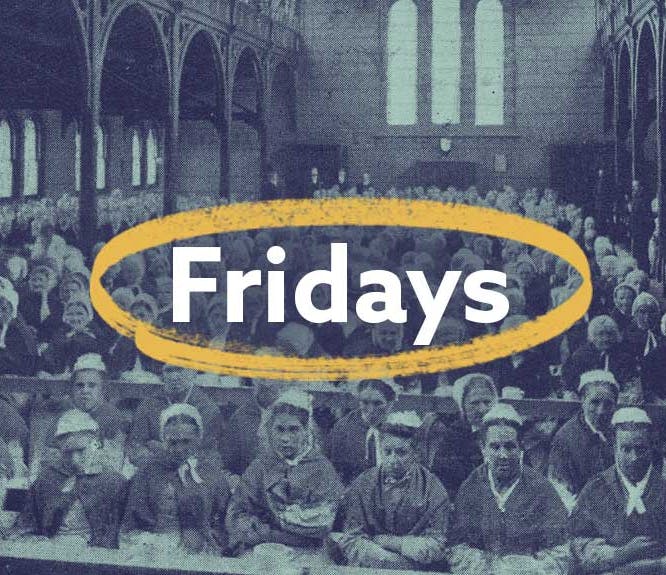Preserving the story of your ancestry: our expert guide to writing your family history
5-6 minute read
By Philippa Malicka | July 4, 2023

What could be better than immortalising your genealogical discoveries to pass down to future generations? In this article, Philippa Malicka gives a rundown of how to write the history of your family.
Although family history is deeply personal to each of us, it's also a valued form of historical research. Together, we're illuminating the forgotten stories of the past, connecting with our ancestors and the world in which they lived.
We're passionate about supporting research in all of its forms, which is why we've partnered with the Women's Prize Trust to sponsor the new prize for female writers of non-fiction. You can read more about this exciting partnership here.

Of course, non-fiction covers a wide remit of writing, from memoir to military history. You don't have to be a published writer to engage with non-fiction writing, however. Why not write your family history, in order to preserve your discoveries and pass them down to the next generation?
We're here to help you with the fundamentals of this task. From writing style to length, read on to learn everything you need to write your family history.
Tackling the blank page
As with any story you must first give yourself permission to tell the tale. The beginning of any creative project takes a certain amount of bravery and self-compassion.
Ask yourself, gently, what is it that I want to convey? And what do I believe is the correct medium for my story? Don’t feel that you should restrict yourself to text; you can tell a fascinating story of a family dynasty through film, images, even wrapped up in fiction, the list goes on.
How personal do you want to get?
Sometimes what keeps us from writing is nervousness around our desired reader. We create readers in our heads and imagine them being in some way disappointed. Some advice to get your project going is to get very clear about who you are writing for.
You may be looking to write a conventional and objective history of your family, in which case your writing tone might be more distanced and impartial. In a different way, you may be writing for the purposes of personal exploration: 'what did this ancestor mean to me and why?'.
In the latter case your tone would differ from the objective historian; it might be a more emotionally-driven story with a very personal strand in it. In any event, it helps to state your aims to your reader in a preface so you can be clear with yourself about the kind of work you are producing.
The scope of your story
The next big decision to tackle is the parameter of your particular story. It might be a noble ambition, but the prospect of writing your entire family’s history could end up being too large to contend with.
It may be far easier and indeed more inspiring to focus on a particular branch of your family’s tree, a family dwelling, or a long journey somebody made to set up a new life in a different country. It may be just as compelling for your story to focus on one individual; perhaps its surrounding chapters will tell tales of other family members who lived before or after them.
Don’t forget, in your chapters you can play with time which is a brilliantly flexible tool for the family historian. It would be restrictive to limit yourself to following chronology too slavishly. Get brave and try a non-linear structure for your story if it feels more engaging to do so. Use online storyboards to help you keep track of what you’re trying to say.
The nuts and bolts
There’s no question that you need a solid understanding of the key facts in the family history you are writing. Details like key life events, the homes people occupied and the people they married, are the nuts and bolts of your story.
Take out a free trial today with Findmypast to access censuses, migration records and so much more. Our vast collection will help you to understand the precise dates and places that were fundamental to your ancestors’ lives.
You can also use our family tree as a way of charting individuals’ journeys through life: much like an online storyboarding programme, your tree can help you to map out your story's structure well before you need to commit words on the page.
Now add colour
Any family historian worth their salt understands that their stories can’t progress on dry facts and dates alone. It’s important to take time to understand the manner in which your ancestors lived - not just the when and who but also the how and the why.
Here at Findmypast, we are immensely proud of our newspaper collection which provides wonderful background to the lives of those you’ll be researching. As you explore our pages try to ask yourself some questions: how can I understand what life was like for my ancestor?

Consider researching their employers and key news stories during the period in which they lived, but don’t forget to consider everyday clues to their lifestyle. Cinema listings and classified advert pages can provide so much colour to blend in with the key facts you have uncovered.
It's not Hollywood...
Things would be so much easier if our lives followed the conventional plot arcs that we’re used to seeing in the movies and on Netflix. Unfortunately, the people that you are trying to write about won’t follow the same pattern.
There will be quiet years where your research is patchy or where your chosen individual didn’t get up to very much. So many writers get disheartened by this and feel in some way that they must create more drama in their ancestors’ lives. They worry that their reader might get bored or that the story won’t be entertaining.
Try to face this insecurity down by staying true to your original mission. This isn’t blockbuster entertainment, it’s honouring history for future generations.
Setting yourself a daily limit
Once you’ve completed your research, or that you have enough material to at least get started, then make a commitment to write a certain number of words per day. Save your research aids offline and have them to hand so that you don’t spend hours trying to find census records or newspaper pages in the time that you’ve designated for your writing.
It helps to disconnect from the internet too so that you don’t fall down any other freshly alluring research rabbit holes.
Have fun and find your community
We’re so proud of our community at Findmypast. We encourage you to join the Findmypast Forum, and tune into our regular catch-ups on Fridays to share your writing progress. Perhaps you can seek out a friend who has the same ambition and you can begin to share work together.
Be kind in feedback to each other and hold each other accountable to the goals you have created. Above all, have fun. This activity shouldn’t feel like a task you dread but an amazing way to connect into your unique family history.
Have you made an exciting discovery with your research? If so, we'd love to hear about it. You can now get in touch and tell us directly, using this handy form.
Related articles recommended for you

The history of the Barrow-in-Furness Shipyard
History Hub

The Women's Prize Trust announces Findmypast as the inaugural sponsor of the Women's Prize for Non-Fiction
The Findmypast Community

Use our free family tree template to kick-start your family history research
Build Your Family Tree

